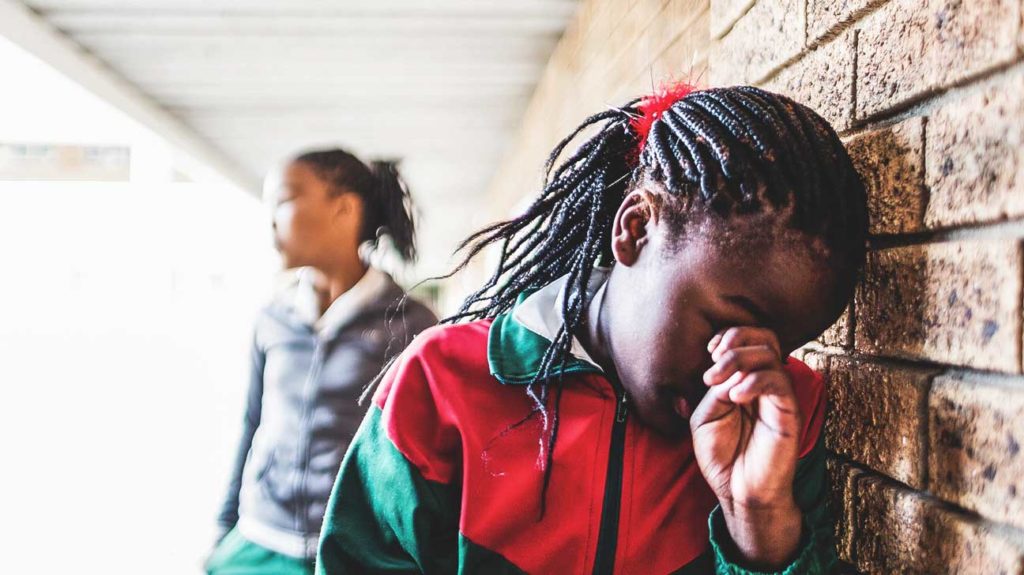
What is Depression in Children?
Personal disappointments, difficulties or family losses influence children as well as on their parents and adolescent brothers and sisters. Friendship problems and bullying or cyberbullying can have very major effects on how they feel.
Not all children can bounce back emotionally. When children are miserable and show several other changes in behavior that stop them from taking part in their normal activities, they may be depressed.
It is normal for children to feel down, be cranky or think negatively – this is just part of growing up. Children have to go through a range of feelings to learn how to deal with them. Childhood depression is more than just feeling sad, blue or low. Depression in children is a serious illness, which can affect children’s physical and mental health.
If you are concerned your child might have depression, it is important to get professional help. Early treatment and support can help your child get better faster and avoid mental health problems in the future.
It is hard to tell the difference between sadness and depression in children. But it might be more than sadness if:
- your child has been feeling down for more than a few weeks
- your child’s thinking seems more negative than usual
- your child seems to have lost interest in or energy for daily activities
- sad thoughts and feelings are stopping your child from enjoying life.

You know your child best. If you feel that something is not right, see your doctor. If you notice any of the following signs in your child, and these signs last longer than about two weeks, your child might have depression.
Changes in your child’s emotions or behavior, you might notice that your child:
- seems sad or unhappy most of the time
- is aggressive
- says negative things about himself
- feels guilty
- is afraid or worried a lot.
Changes in your child’s interest in everyday activities, you might notice that your child:
- does not have as much energy as she usually does
- does not want to be around friends and family
- is not interested in doing things he used to enjoy
- has problems sleeping, including nightmares
- has problems concentrating or remembering things.
Changes in your child’s behavior or academic performance at school, you might notice that your child:
- is not going so well academically
- is not taking part in school activities
- has problems fitting in at school
- has problems getting along with other children.
If your child is depressed, it can be hard for your child to learn, make friends and make the most of daily life. If depression goes on for a long time without treatment, the way your child learns and grows can also be affected, but children who have the right care can recover from depression.
If your child says anything about suicide or self-harm, like: ‘I wish I was dead’ or ‘I do not want to wake up anymore’ – you should take this very seriously. Seek professional help straight away.
